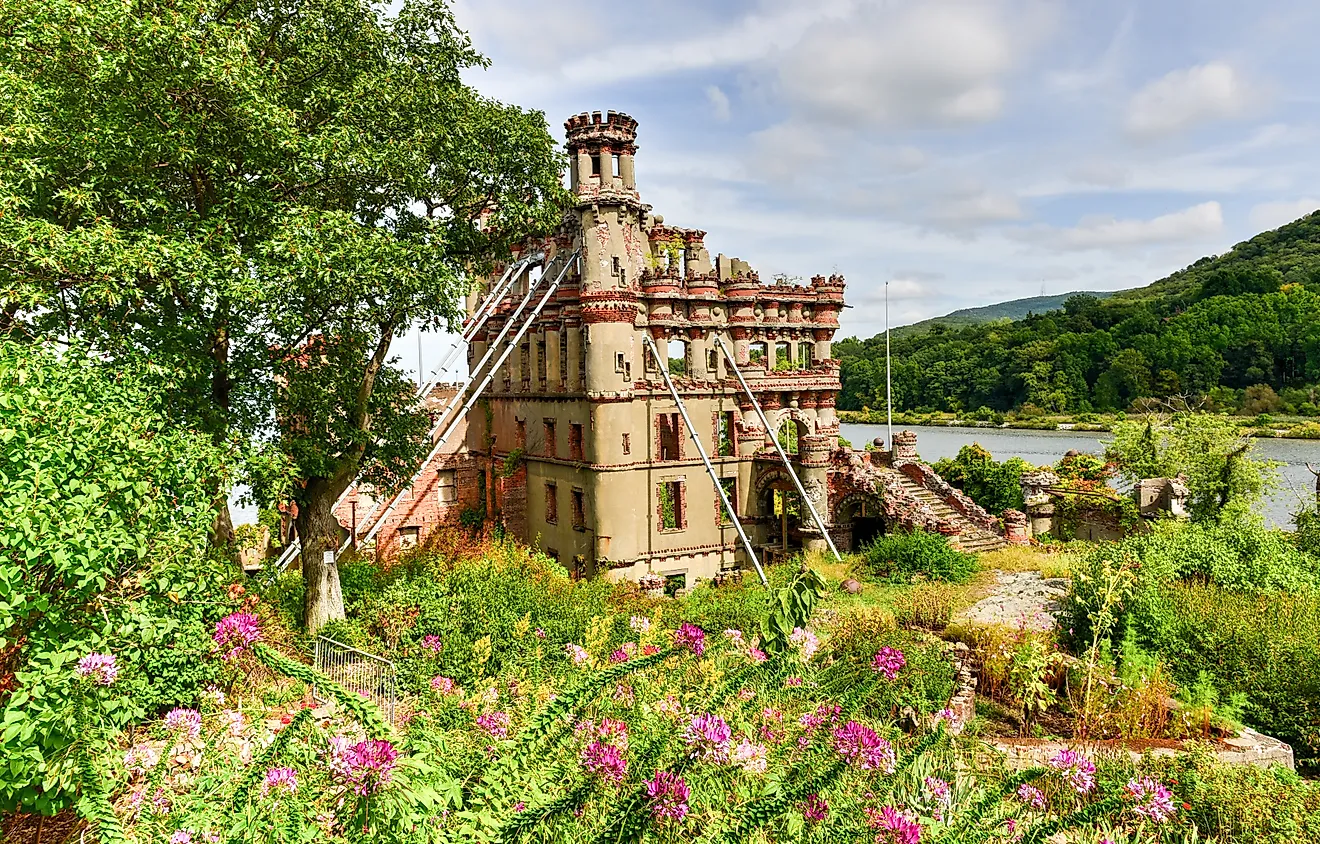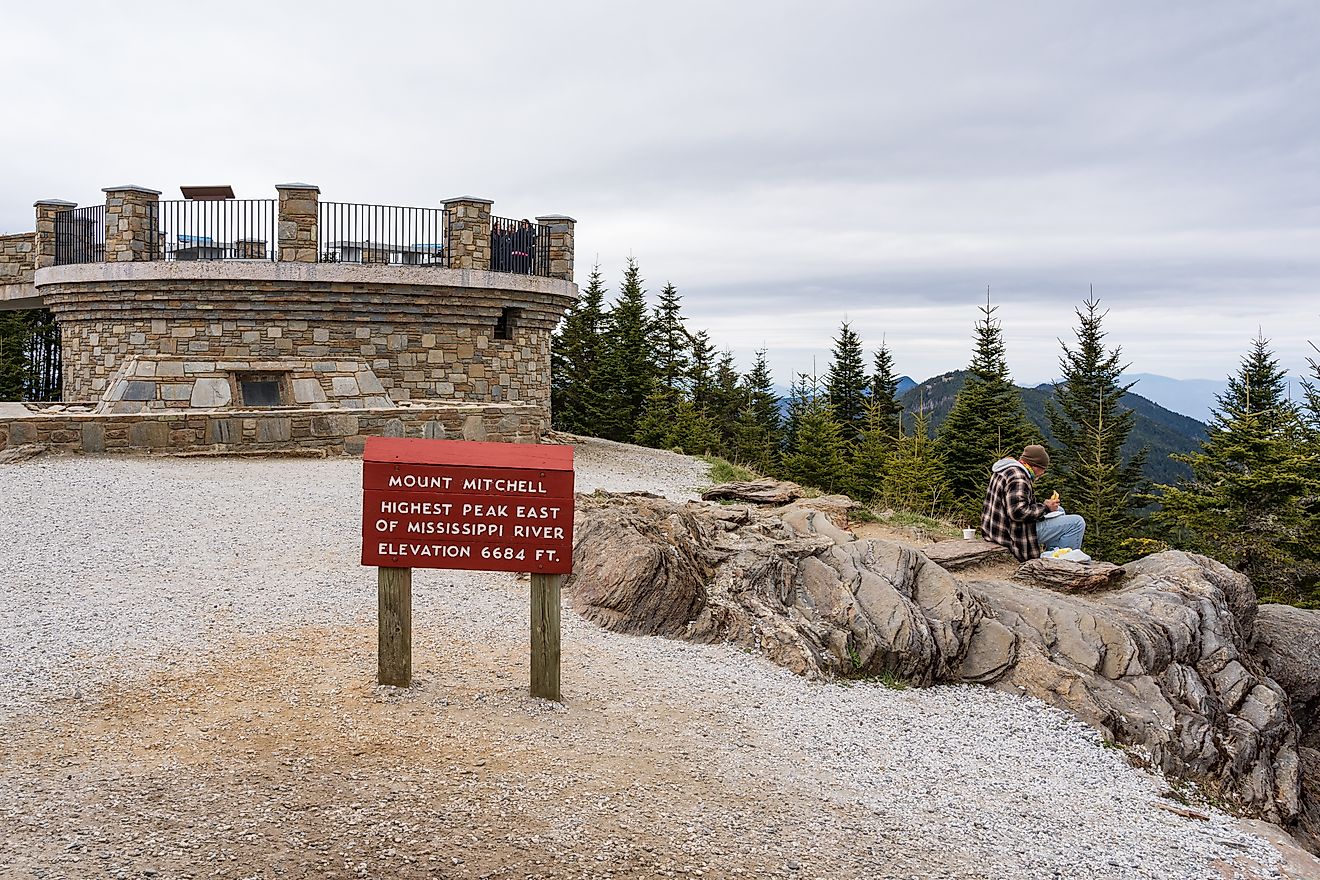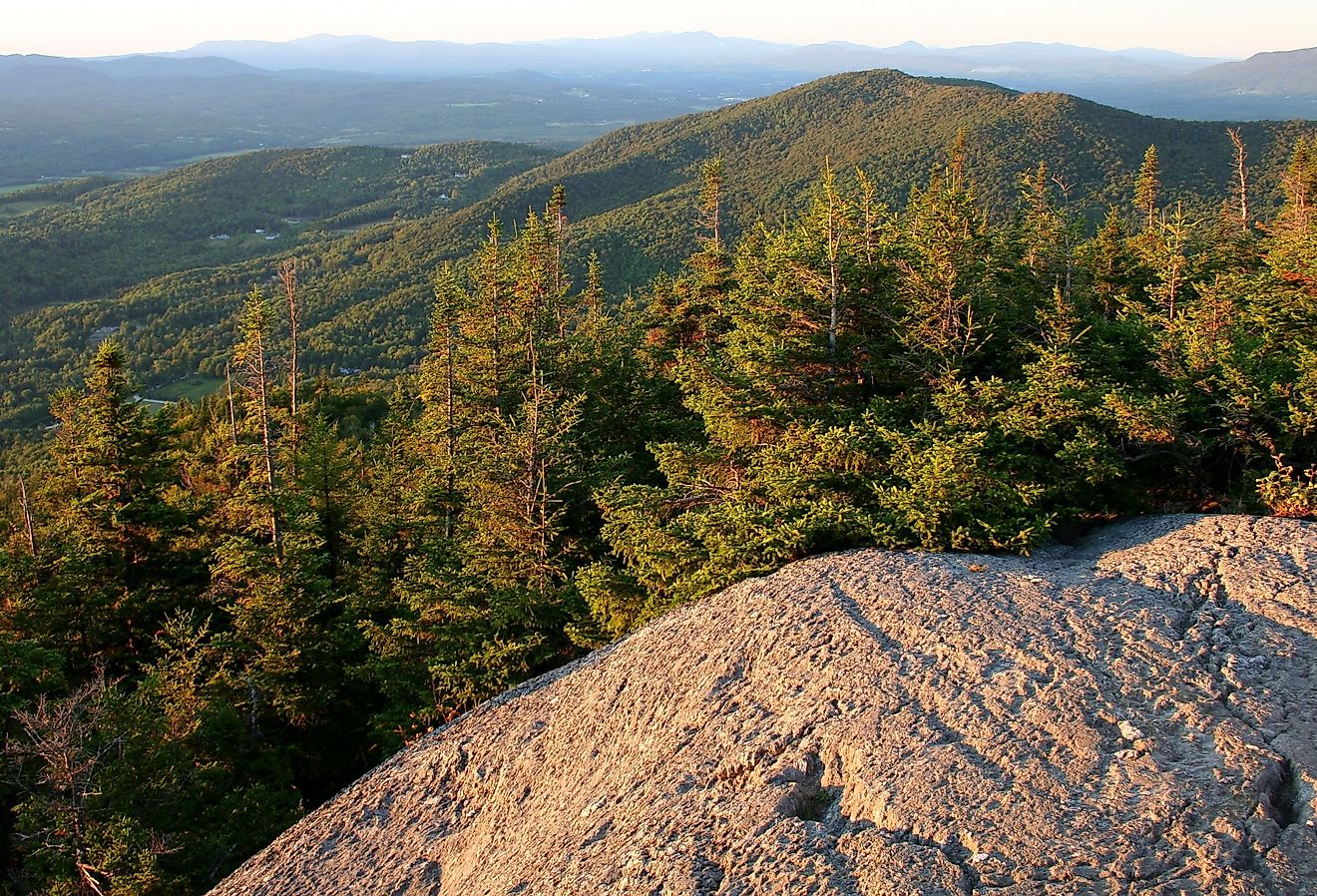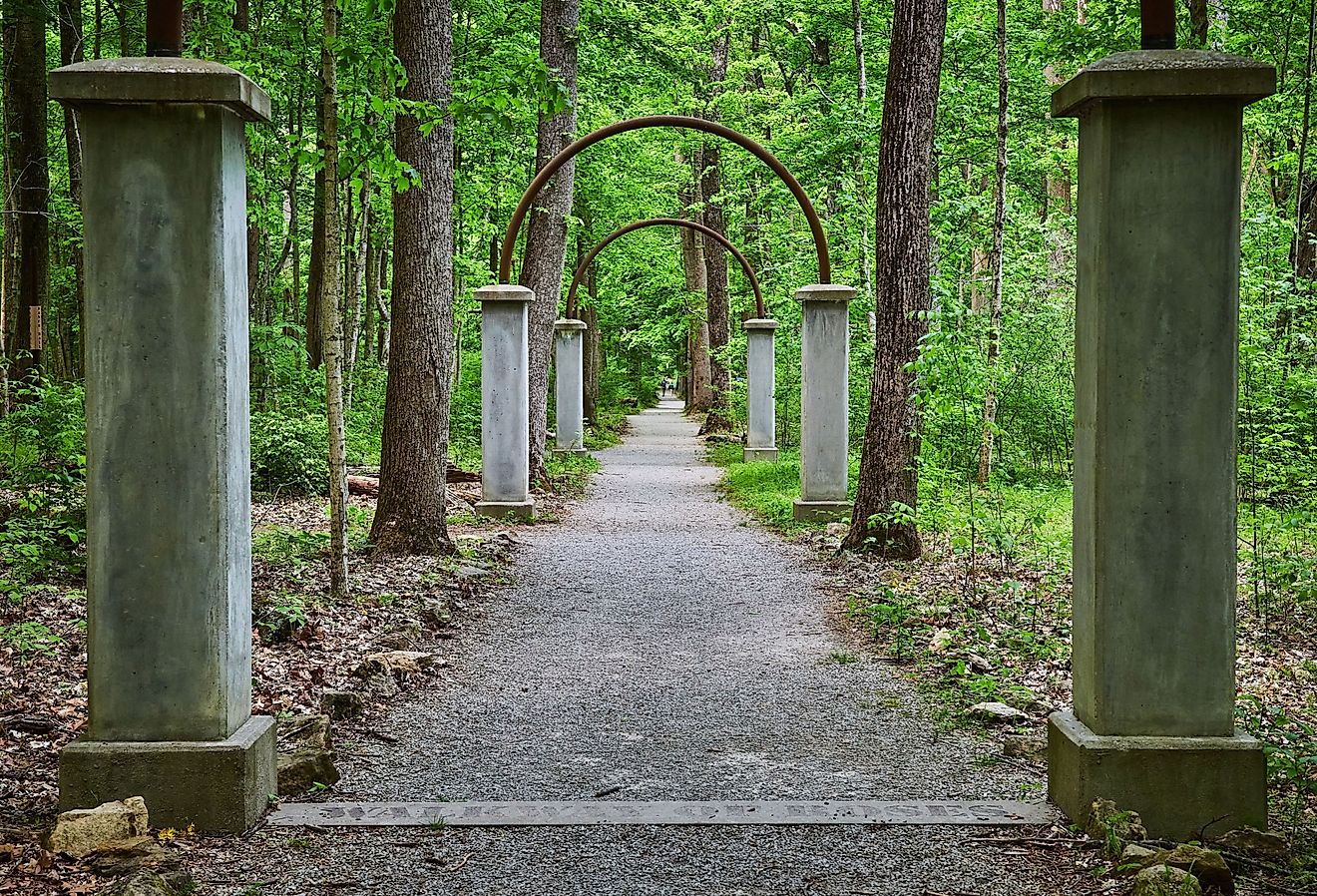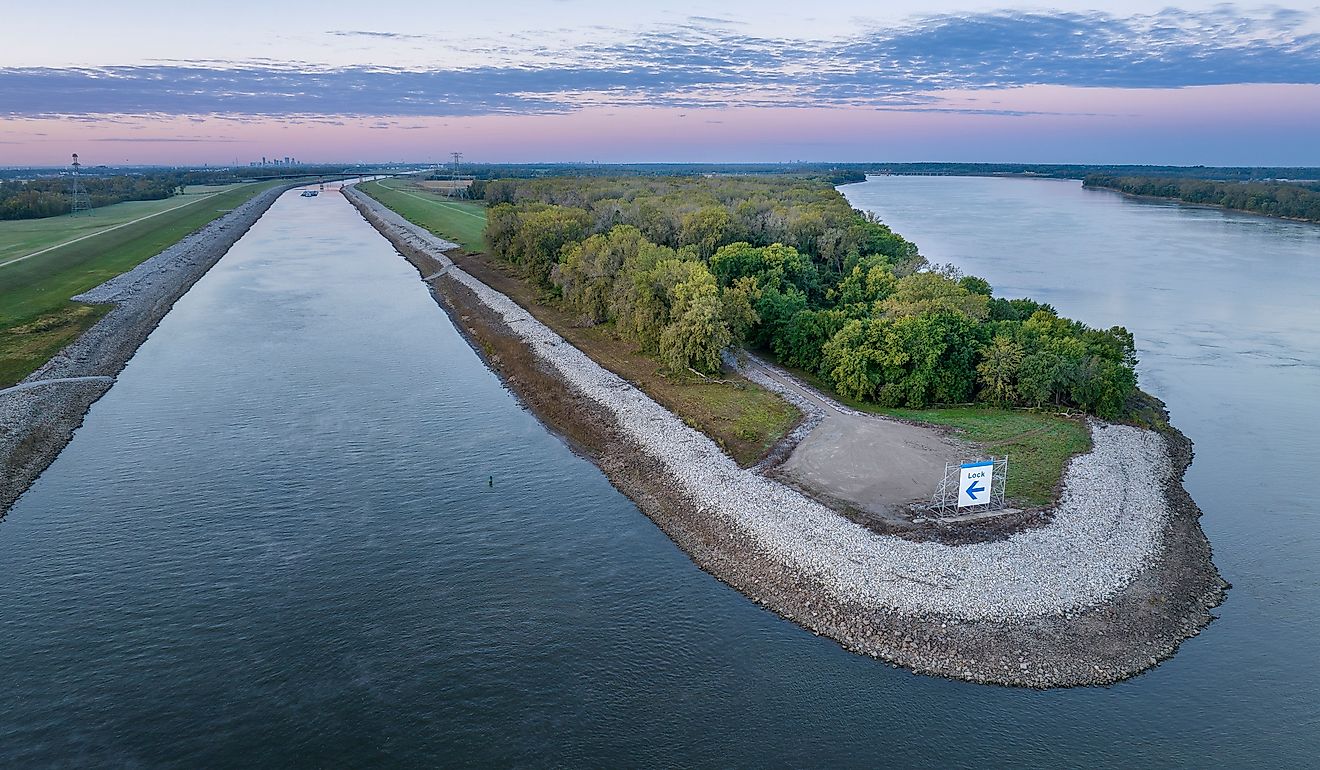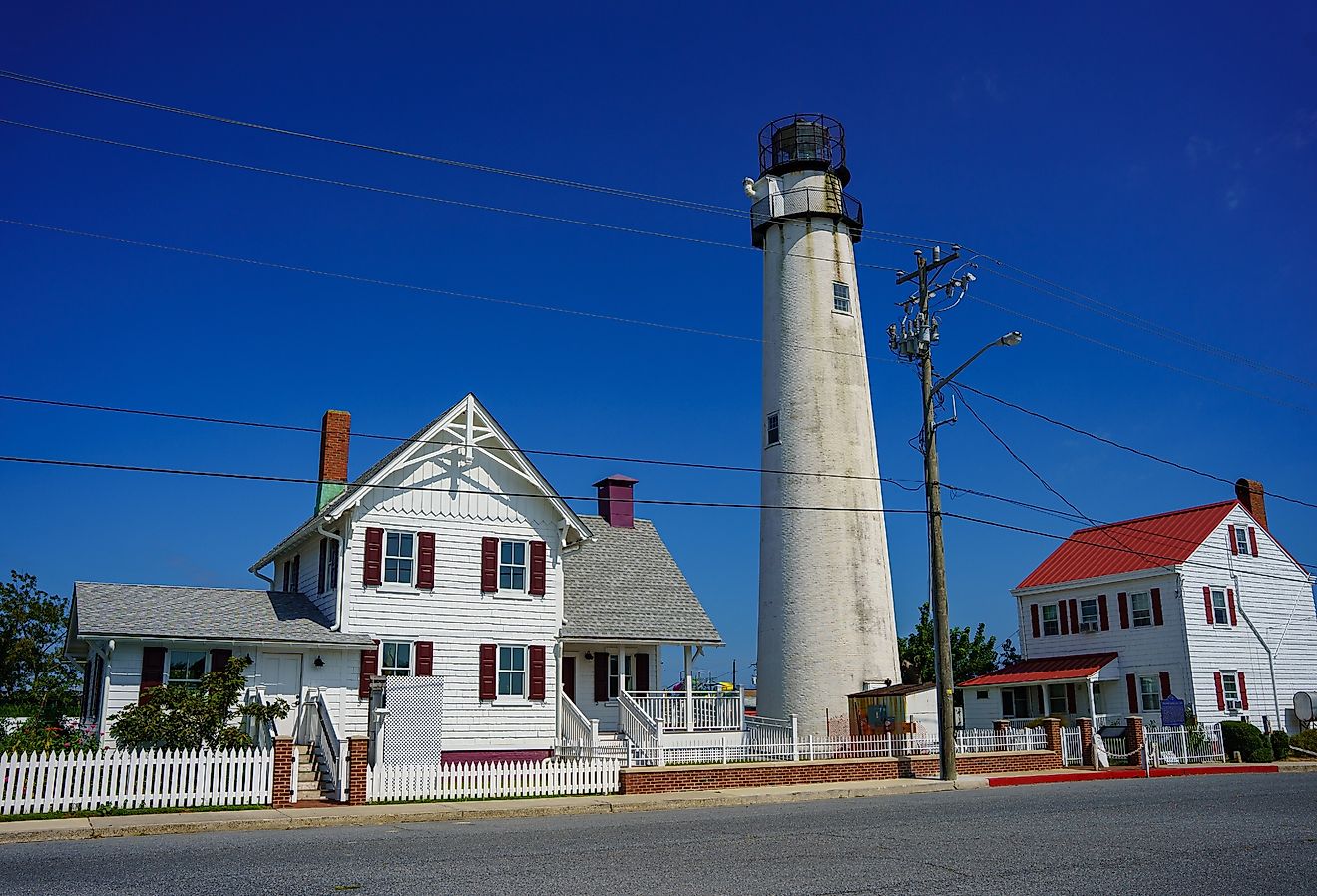
Luray Caverns, Virginia
The Luray Caverns in the US State of Virginia is a landform with rich history and an exciting founding story that acts as the state's ultimate attraction. It gained popularity due to its stalactites which were formed by dripping limestone. However, through the years, there have been additions in the form of a singing tower and stalacpipe organ to enhance the visitors' experience. Now, locals and tourists adore the cavern and the attractions which surround it. Its constant temperatures, ranging elevation levels, and inherent have made the Luray Caverns a spectacle of some sort for visitors.
Geography Of The Luray Caverns
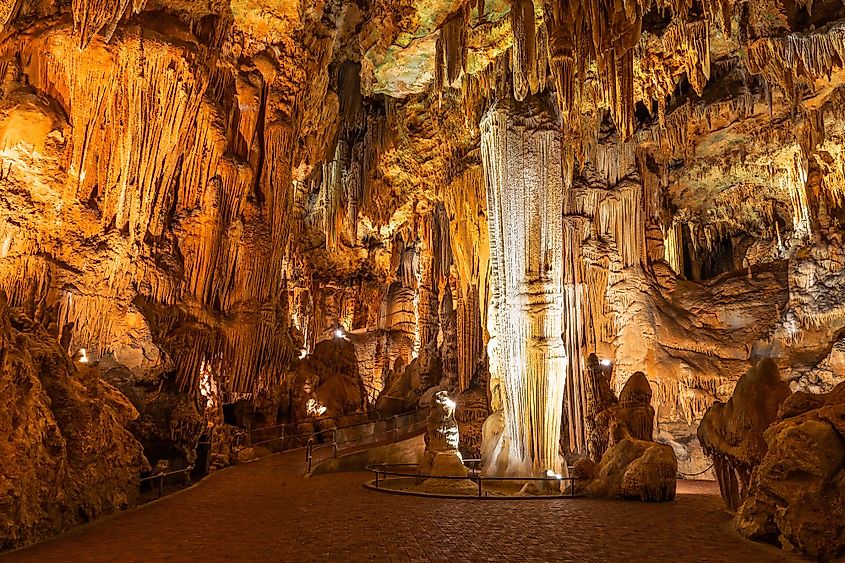
The cavern is comprised of chamber groupings that range in size, height, and depth. The smaller chambers are about 9 m, whereas the larger ones are in the ballpark of 43 m. Each chamber is illuminated by indirect lighting and can be visited through corridors, bridges, and stairways. Luray Caverns maintain a temperature of 54 degrees Fahrenheit or 12 degrees Celsius at all times. Within the cavern are two bodies of water, Dream lake, and the Silver Sea. When visitors first enter the Caverns, they’re greeted by the Luray Singing Tower. The tower is a stone, an artificial artifact that was added to the caverns. It is 36 m high and is outfitted with 47 bells which range from 12.5 pounds to 7,640 pounds.
History Of The Luray Caverns

Benton Pixley Stebbings found the Luray Caverns on a whim. After failing in multiple professions, he believed that finding a cave would be his golden ticket to the fortune that he’s chased for so long. In August 1878, he stumbled across what eventually became the Luray Caverns. However, at that time, it was merely a sinkhole with cool air emitting from the ground. Stebbins called upon his partner, Andrew Campbell, and nephew Quint to help him enter the cave for the first time. After a few hours of digging, the group finally created a hole large enough to fit a man who could glide down on a rope. Once they got down there, they discovered the natural beauty that modern visitors flock to witness. The limestone cave had been molded into natural columns and highly unique formations. Upon their discovery, the two adults purchased the property under which the cave sat. Lucky for them, the land owner had filed for bankruptcy just a month beforehand. Unfortunately, in 1881 the state realized the land was sold at far too low of a price, triggering the fraud to be revisited. The state found the purchase to be fraudulent and would nullify the purchase. Stebbins never received his fortune, but he is credited for finding one of the most unique and stunning caverns in the Eastern United States. In 1956, the state added what they call the “stalacpipe” organ. It was constructed by placing rubber-tipped plungers right beside 37 stalactites to produce a sound. Now, it acts as the world’s largest natural musical instrument. Twenty-two years later, the caverns were named a National Natural Landmark.
Formations In The Luray Caverns

The Luray Caverns have a natural formation of stalactites which can be found in every chamber. As mentioned above, they were created by limestone, which has slowly dripped over time, forming large, shart shards of remnants. The stalactites can be seen throughout the cavern, with no specific grouping pattern or design.
Attractions Around The Luray Caverns

The state of Virginia has done a great job by adding attractions around the cavern to educate and entertain visitors. After one has done the 1.25-mile walking tour of the caverns, one may step outside to enjoy activities for all! Right outside of the cavern is the Car & Carriage Caravan museum with a walk-through exhibit, as well as Toy Town Junction and Shenandoah Heritage Village. All of these exhibits are included in the initial cavern ticket and display the history of Virginia. There is also the opportunity to walk through a well-maintained garden maze and climb through a rope adventure course.
